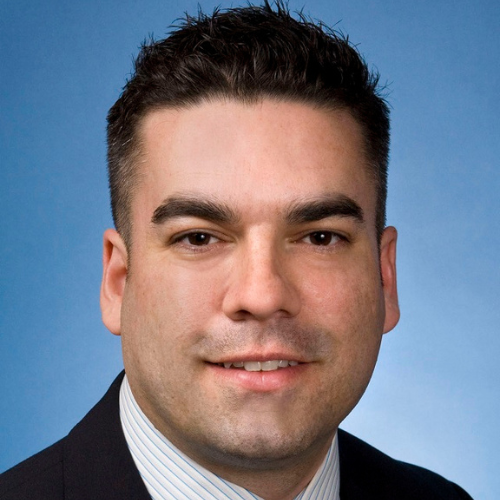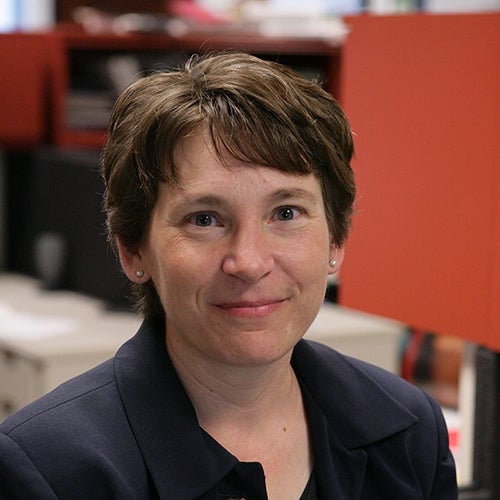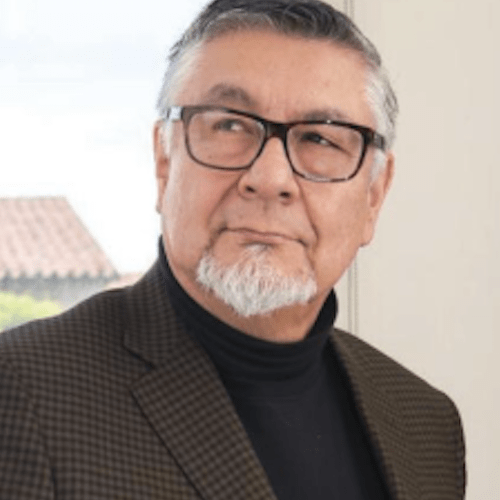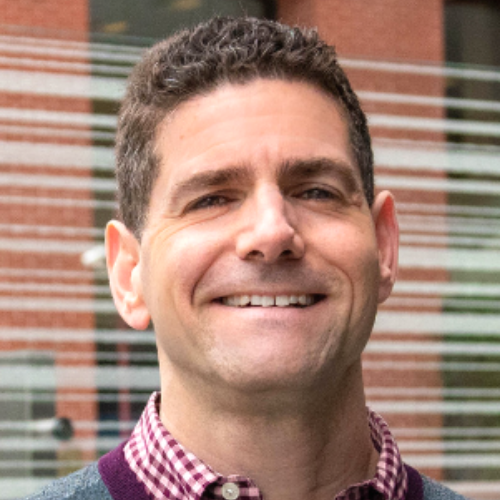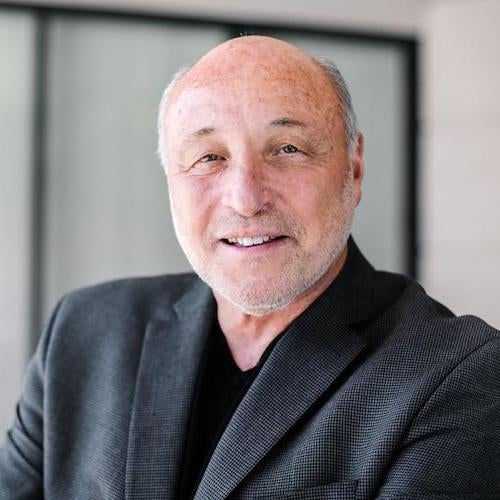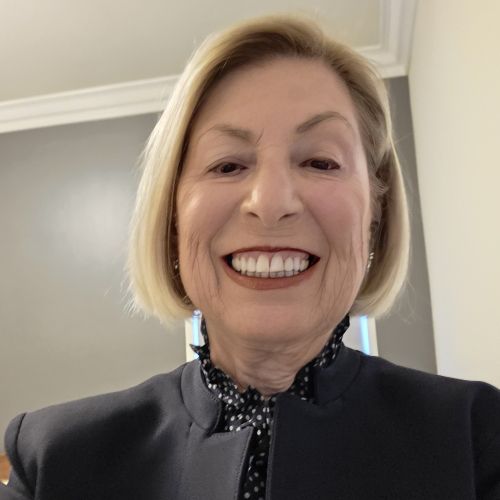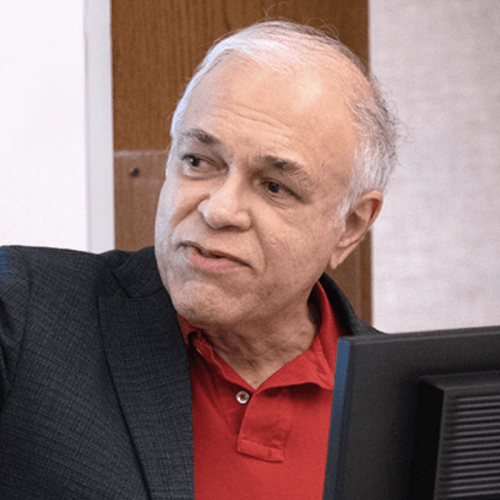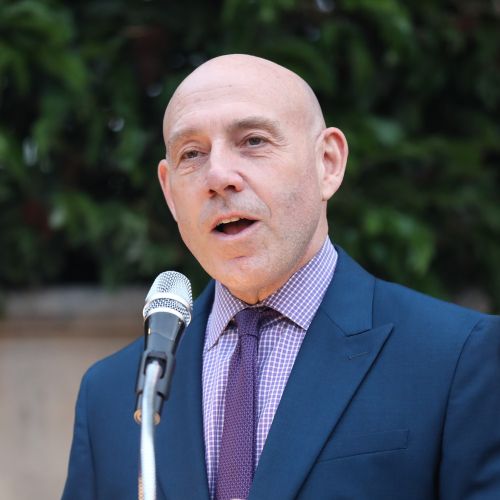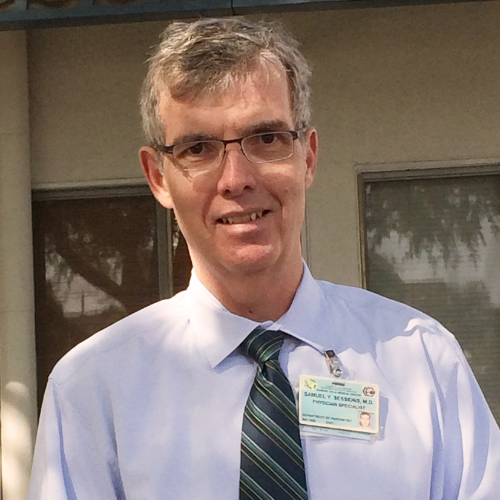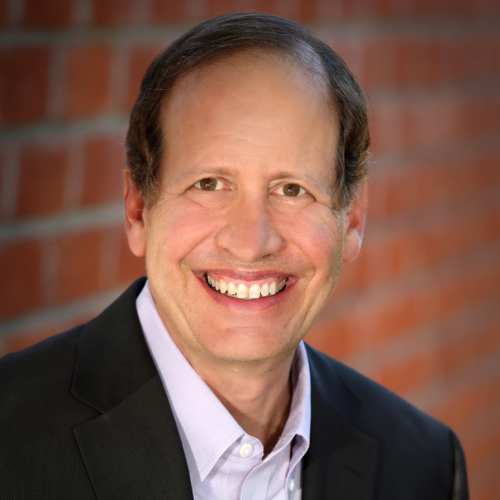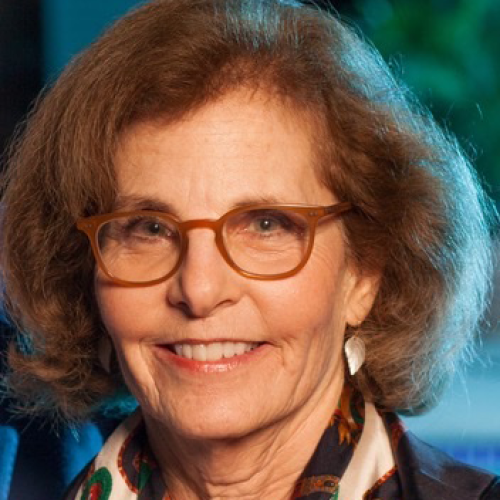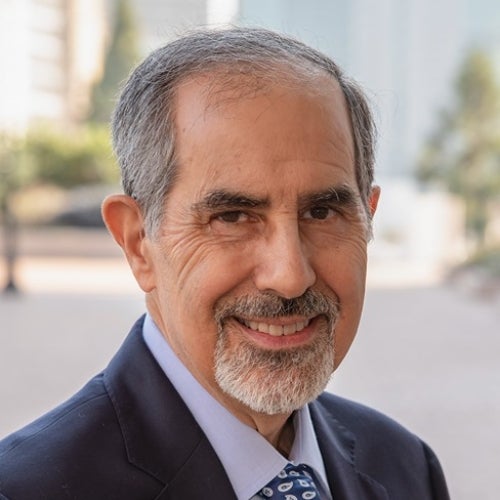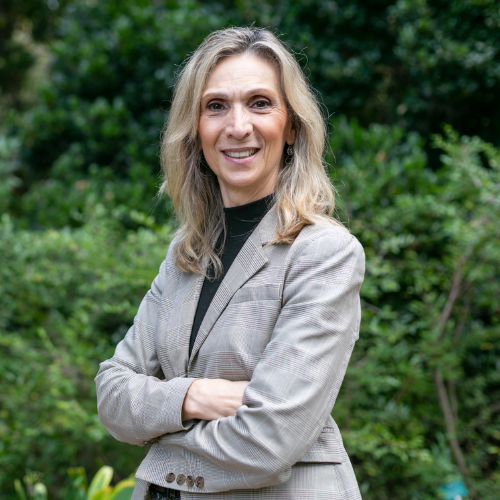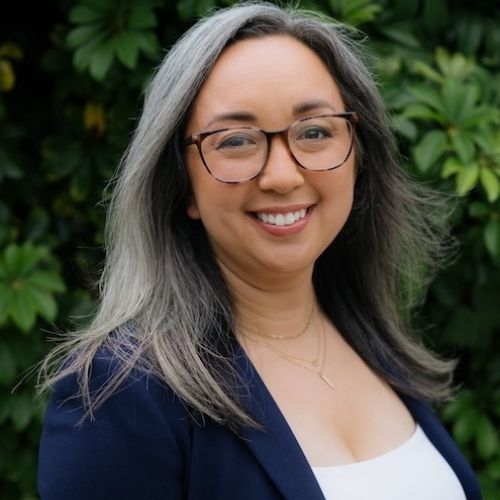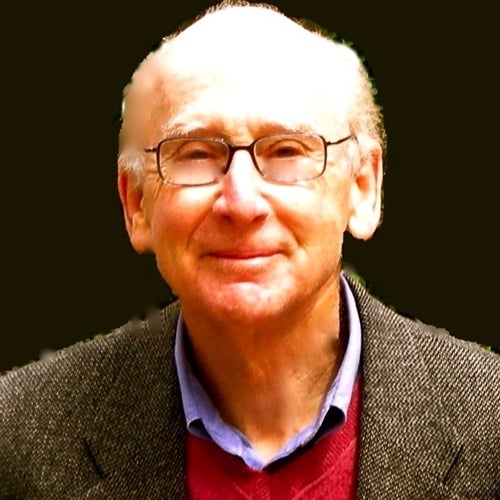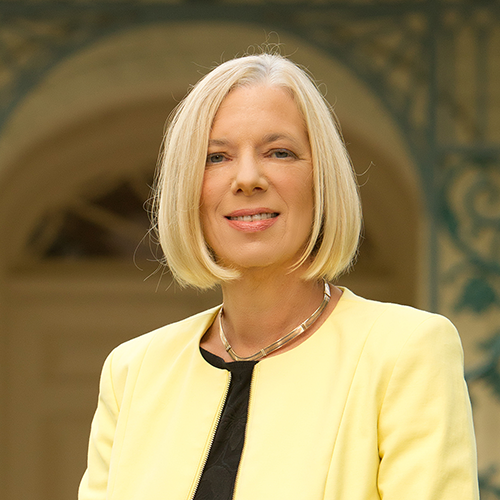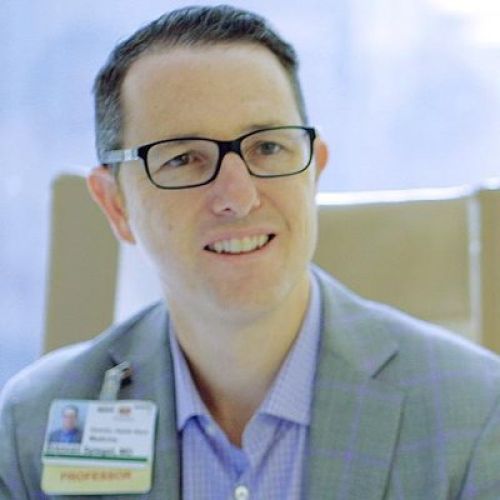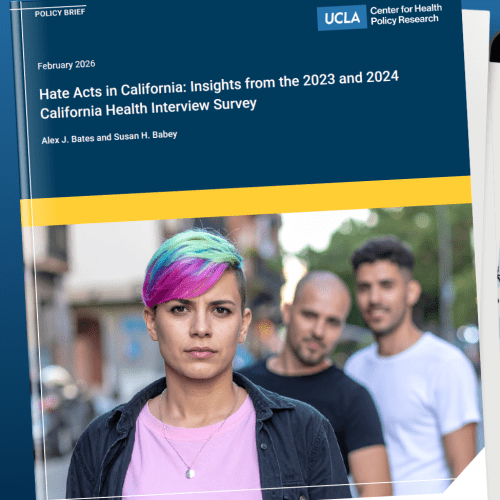October 5, 2016
Dr. Jonathan Fielding
Whenever I am outside, I carry two EpiPens. If a bee stings me, the pens could save my life. I was recently stung, but not by a bee. The sting came from Mylan pharmaceuticals when it raised the retail price of a two pack of EpiPens from about $100 to more than $600 dollars over nine years. According to Money magazine, each EpiPen costs about $30 to produce.
I am lucky because my health insurance pays most of the cost of my EpiPens. But millions of Americans, both young and old, cannot benefit from this drug or others when the initial price or rapid price increase make them unaffordable. Even those with insurance coverage who do not use costly drugs still pay for them through rising premiums and co-pays.
List prices for all medicines are subject to various discounts and rebates often negotiated by insurance companies and pharmacy benefit managers, and the actual cost can be lower. But a study by Bloomberg found that even after discounts, we pay more in the U.S. for common medicines like Crestor (high cholesterol), Lantus (insulin), Advair (asthma), Januvia (diabetes), Humira (rheumatoid arthritis) and Herceptin (breast cancer) than in most other countries in the study, including Australia, Canada, Japan, Saudi Arabia, China, Brazil, India, Russia, Morocco and several European countries.
READ MORE
Faculty Referenced by this Article
Jonathan Fielding
Health Policy and Management
Laura Erskine
Health Policy and Management
Kekoa Taparra
Health Policy and Management
Sangeeta Ahluwalia
Health Policy and Management
Barbara Berman
Health Policy and Management
Dylan Roby
Health Policy and Management
Annette Maxwell
Health Policy and Management
Ninez Ponce
Health Policy and Management
Roshan Bastani
Health Policy and Management
Srikanth Kadiyala
Health Policy and Management
William J. McCarthy
Health Policy and Management
Kenneth Wells
Health Policy and Management
Michael Ong
Health Policy and Management
Moira Inkelas
Health Policy and Management
Gerald Kominski
Health Policy and Management
David Hayes-Bautista
Health Policy and Management
Warren Scott Comulada
Health Policy and Management
Thomas D. Gordon
Health Policy and Management
Arlene Fink
Health Policy and Management
Julio Frenk
Health Policy and Management
Elizabeth (Becky) Yano
Health Policy and Management
Avram Kaplan
Health Policy and Management
Susan Ettner
Health Policy and Management
Thomas Priselac
Health Policy and Management
Jose J. Escarce
Health Policy and Management
Olivia Jung
Health Policy and Management
Felicia Hodge
Health Policy and Management
Mark Litwin
Health Policy and Management
Kristen Choi
Health Policy and Management
Diana Hilberman
Health Policy and Management
Michelle S. Keller
Dr. Michelle S. Keller is a health services researcher whose research focuses on the use and prescribing of high-risk medications.
Health Policy and Management
Yvonne Flores
Health Policy and Management
Julian Brunner
Health Policy and Management
Samuel Sessions
Health Policy and Management
Beth Glenn
Health Policy and Management
Frederick Zimmerman
Health Policy and Management
Arturo Vargas Bustamante
Health Policy and Management
Michael Galper
Health Policy and Management
Paul Chung
Health Policy and Management
Jody Heymann
Epidemiology
Health Policy and Management
James Macinko
Professor of Community Health Sciences & Health Policy and Management, and Associate Dean for Research
Community Health Sciences
Health Policy and Management
Carol Mangione
Health Policy and Management
Sandra Aronberg
Health Policy and Management
Anthony Hunter Schiff
Health Policy and Management
Ron D. Hays
Health Policy and Management
Burt Cowgill
Health Policy and Management
Naomi Zewde
Health Policy and Management
Risha Gidwani
Health Policy and Management
Erika Crable
Health Policy and Management
Nadereh Pourat
Health Policy and Management
Ty Robbins
Health Policy and Management
Jean Balgrosky
Health Policy and Management
Ron Andersen
Dr. Ron Andersen is the Wasserman Professor Emeritus in the UCLA Departments of Health Policy and Management.
Health Policy and Management
Xi Zhu
Health Policy and Management
Neal Halfon
Health Policy and Management
Jeanne Miranda
Health Policy and Management
Penelope Fu
Health Policy and Management
Linda Rosenstock
Environmental Health Sciences
Health Policy and Management
Emily Abel
Health Policy and Management
Yusuke Tsugawa
Health Policy and Management
Daniel Eisenberg
Health Policy and Management
Robert Kaplan
Health Policy and Management
Jennifer Wortham
Health Policy and Management
Thomas Rice
Health Policy and Management
Patricia Ganz
Health Policy and Management
Isomi Miake-Lye
Health Policy and Management
Jack Needleman
Health Policy and Management
Vickie Mays
Health Policy and Management
Julie A. Elginer
EMPH Academic Program Director with expertise in healthcare marketing, finance, and reproductive health policy, teaching in the EMPH, MPH, MHA program
Health Policy and Management
Joann G. Elmore
Health Policy and Management
Vilsa Eliana Curto
Health Policy and Management
William Comanor
Health Policy and Management
Alice Kuo
Health Policy and Management
Kathryn Leifheit
Health Policy and Management
Clifford Ko
Health Policy and Management
Deborah Anne Freund
Health Policy and Management
Corrina Moucheraud
Health Policy and Management
Stephanie L. Taylor
Nationally recognized health services researcher and sociomedical scientist with 25+ years' experience in effectiveness and implementation research.
Health Policy and Management
Robert Brook
Health Policy and Management
Z. John Lu
Health Policy and Management
Emmeline Chuang
Health Policy and Management
Steven Teutsch
Health Policy and Management
Ya-Chen Tina Shih
Health Policy and Management
Brennan Spiegel
Health Policy and Management
Lillian Gelberg
Health Policy and Management
Lori Pelliccioni
Health Policy and Management
Alan Tomines
Health Policy and Management
Aria Fallah
Health Policy and Management
Leah Vriesman
Health Policy and Management
Pamela Davidson
Health Policy and Management








